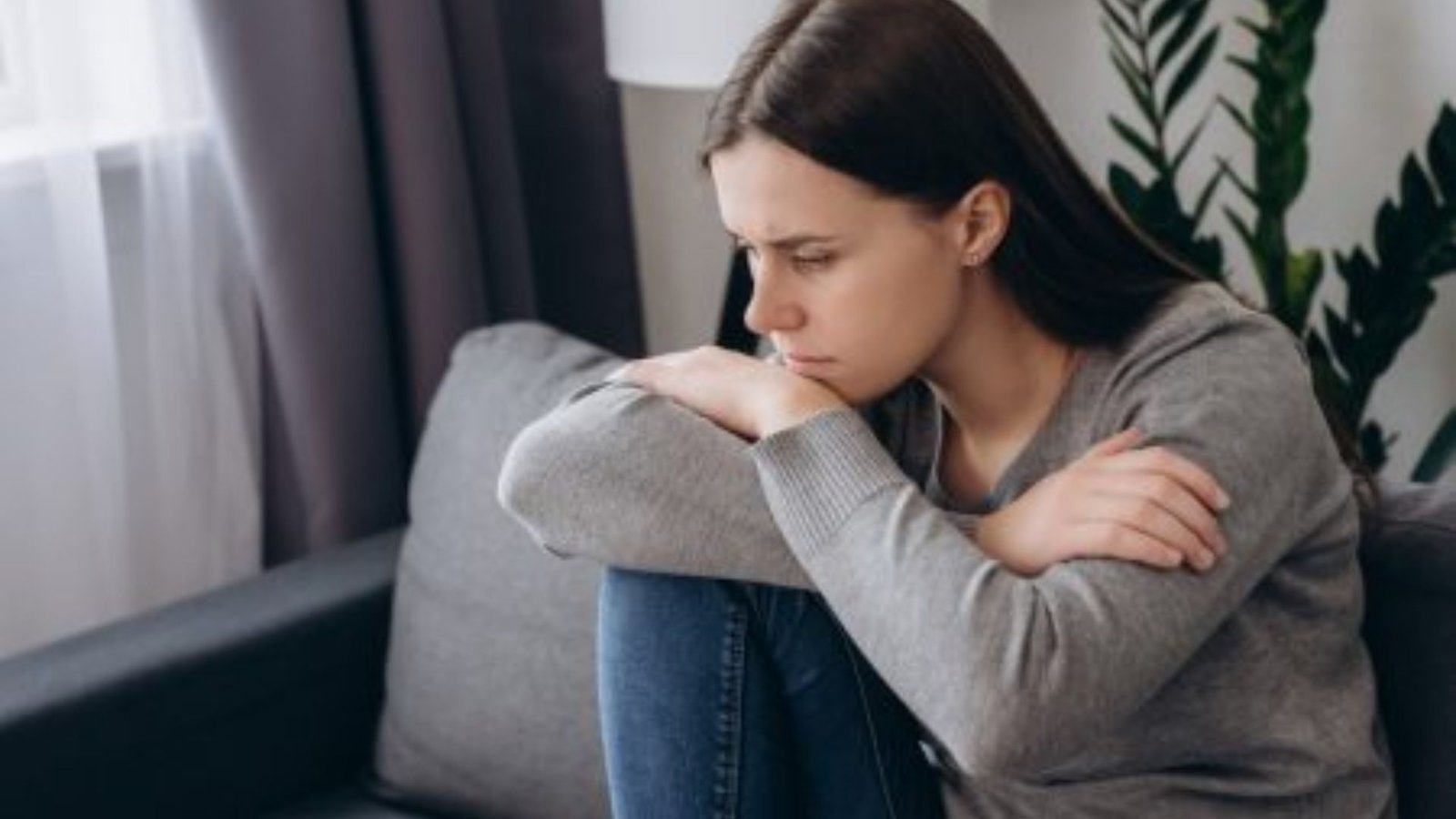Anxiety is a mental disorder that has captured the attention of millions of people all over the Globe. Though there are many approaches including therapy and prescription medicine, many people discover new techniques including Ayurveda. Relying on balance and natural substances for curing diseases, it may be the right choice for people who want to cope with the illness without using chemical products. In this blog, let us uncover the difference between Ayurveda healing for anxiety and other standard approaches patients can consider.
The Ayurvedic Perspective on Anxiety Treatments
According to Ayurveda, anxiety is not even a disease that requires a treatment but it is an ailment that reflects the imbalance in doshas of the body. Ayurveda says that a human being possesses his own constitution (Prakriti) and doshas may get affected based on the food consumed, the daily routine followed, mental stress and humidity. Hence, Ayurvedic healing aims at the re-establishment of balance at the level of the body and individual consciousness through the treatment of these causes.
Holistic Approach
One of the prominent distinctions between Ayurveda and other types of treatment is that Ayurvedic treatment encompasses the entire individual. Unlike modern medicine, which targets anxiety as a separate problem, Ayurveda considers the patient’s physical, psychological, and spiritual states and strives to balance all of them. To extend, practitioners look at the general wellbeing of the person and come up with remedies that fits the individual.
Natural Remedies
Ayurvedic healing employs natural remedies, including herbal formulations, dietary adjustments, and lifestyle changes. Herbs like Ashwagandha, Brahmi, and Jatamansi are often used for their calming properties, helping to reduce anxiety and stress levels. These remedies work gently and gradually, promoting long-term wellness rather than quick fixes.
Mindfulness and Meditation
Meditation and mindfulness are integral components of Ayurveda. Practices such as yoga and pranayama (breath control) are encouraged to cultivate mental clarity and emotional stability. These techniques help individuals connect with their inner selves, fostering a sense of peace and reducing anxiety symptoms over time. Unlike conventional treatments, which may focus solely on external interventions, Ayurveda emphasizes the importance of self-awareness and personal growth.
Addressing Root Causes
Whereas modern medicine tends to focus on merely mitigating the symptoms of anxiety, Ayurvedic medicine and therapy act solely on treating the actual source of the problem. By understanding the individual’s unique constitution and lifestyle factors, practitioners can implement strategies that promote long-lasting changes. These targeted solutions are most likely effective for the longer term, enabling people to cope with anxiety better in the future, therefore it is a more sustainable approach.
Emphasizing Prevention
Another key difference lies in Ayurveda’s emphasis on prevention. By promoting a balanced lifestyle, including proper nutrition, regular exercise, and stress management techniques, Ayurveda aims to prevent anxiety from manifesting in the first place. Conventional treatments, on the other hand, often react to symptoms after they occur, potentially leading to a cycle of treatment and relapse.
In Conclusion
Ayurvedic healing offers a holistic, personalized, and preventative approach to managing anxiety that differs significantly from conventional treatments. If you’re looking for an alternative approach to healing anxiety in Dubai, consider exploring the benefits of Ayurveda at Ayuzen Ayurvedic Clinic LLC, where experienced practitioners can guide you on your path to wellness.





